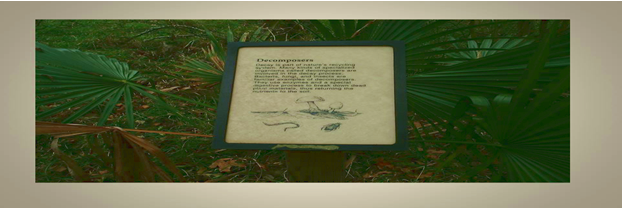Major Achievements
The major achievements of TEXGED Center

The major impacts of TEXGED center are:
- Provided services to local and surrounding state agencies. The center has established connections with potential users during development of survey and input/output requirements;
- Faculty /student involvement in the project enriched the university’s research capability in environmental areas;
- Provided unique opportunities for minority students at PVAMU to gain experience relevant to the issues in environmental data analysis, quality, and risk assessment methodology;
- Provided course and course materials for training related biodiversity, bio-modeling and ecological modeling;
- Provided educational services and collaborated with international agencies such as UNESO, Arab League (ALEXCO), United Nation Millennium Ecosystem, and Fulbright in supporting studies nationally and international;
- TEXGED collaborated with National Ecological Observatory Network (NEON) and Science Engineering Alliance (SEA) to set the standard for the future Ecological and Scientific Studies;
- TEXGED collaborated with International Universities such as Ain Shams University to supervising graduate students;
- TEXGED provided several supports for undergraduate, and graduate students, Ph.D. Visitors, Post-Doctoral Researcher and International Faculties to visit the center to make their own research and studies related to environmental issues; and
- The center has produced a newly hired faculty member in Prairie View A&M University;
- Developed several methodologies in studying bioremediation technologies and developed several technical and published papers in scientific journals; and the TEXGED center has produced more than 20 publications in refereed journals and refereed conference proceedings nationally and internationally. Further as the result of long-term ecological studies, the director of the center was able to publish a scientific book related to the issues of sustainable development in the twenty 21st century. The title of the book is “Soil Zoology for Sustainable Development in the 21st Century” ISBN 9-7717-1903-3 – Year 2004.
